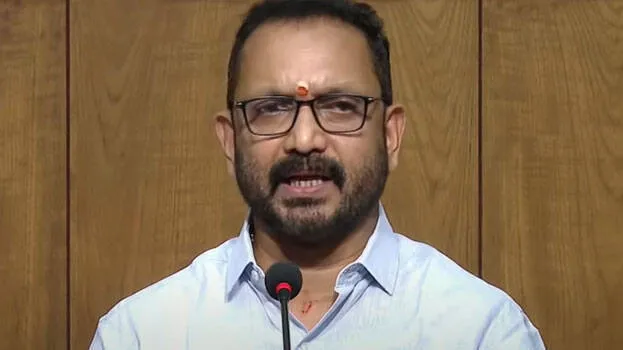
A recent study shows that online content moderators can become victims of misinformation due to the “illusory truth effect.” Psychology Today explains it’s people’s tendency to believe a frequently repeated statement, regardless of whether it’s true or not. READ: Google AI research says AI may distort reality The researchers conducted their study in India and the Philippines.
Consequently, they found that a false headline could raise the likelihood of belief by 7.1%. These individuals may be surprisingly susceptible to misinformation due to an "illusory truth effect," new research shows.
https://t.co/dyzDe2KkbN Online content moderators are the hundreds of thousands worldwide who review content before it appears online. Users typically aren’t aware of their existence.
Nevertheless, they ensure the content aligns with the policies of Silicon Valley companies. These tech firms usually offshore this work to non-Western countries like the Philippines, where educated workers are available for a fraction of the price. They serve as arbiters of truth worldwide, but they’re still humans who are susceptible to cognitive biases.
That is why MIT and Cornell researcher Hause Lin and his team studied two of the largest BPO countries: India and the Philippines. The team worked with TaskUs, a global outsourcing company that specializes in content moderation, to conduct the study. The researchers started by asking TaskUs employees to rate specific headlines for interest.
Then, they provided a questionnaire as a distraction. Afterward, the researchers showed 48 headlines to the participants and asked them to rate the truthfulness. They found that Indian and Filipino respondents were more likely to rate false headlines as true if they appeared twice.
Later, Lin and his colleagues studied a larger sample from the general public. They asked the respondents to check the accuracy of the headline instead of the interest the material generates. The volunteers were more likely to judge repeated headlines correctly.
As a result, they learned that an “accuracy-first mindset” is an effective way to fight misinformation. Companies may train their online content moderators to adopt this technique to avoid the illusory truth effect. The general public should also be more vigilant in fighting misinformation.
Subscribe to our daily newsletter By providing an email address. I agree to the Terms of Use and acknowledge that I have read the Privacy Policy . Learn how to spot fake news from this guide .
.













